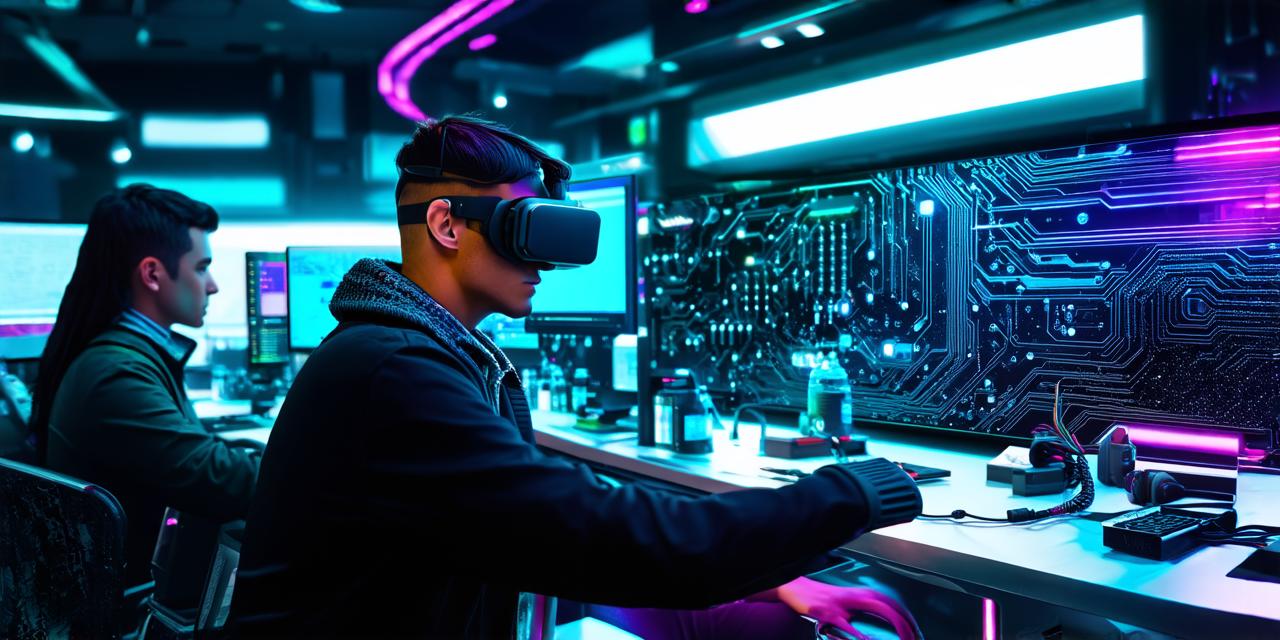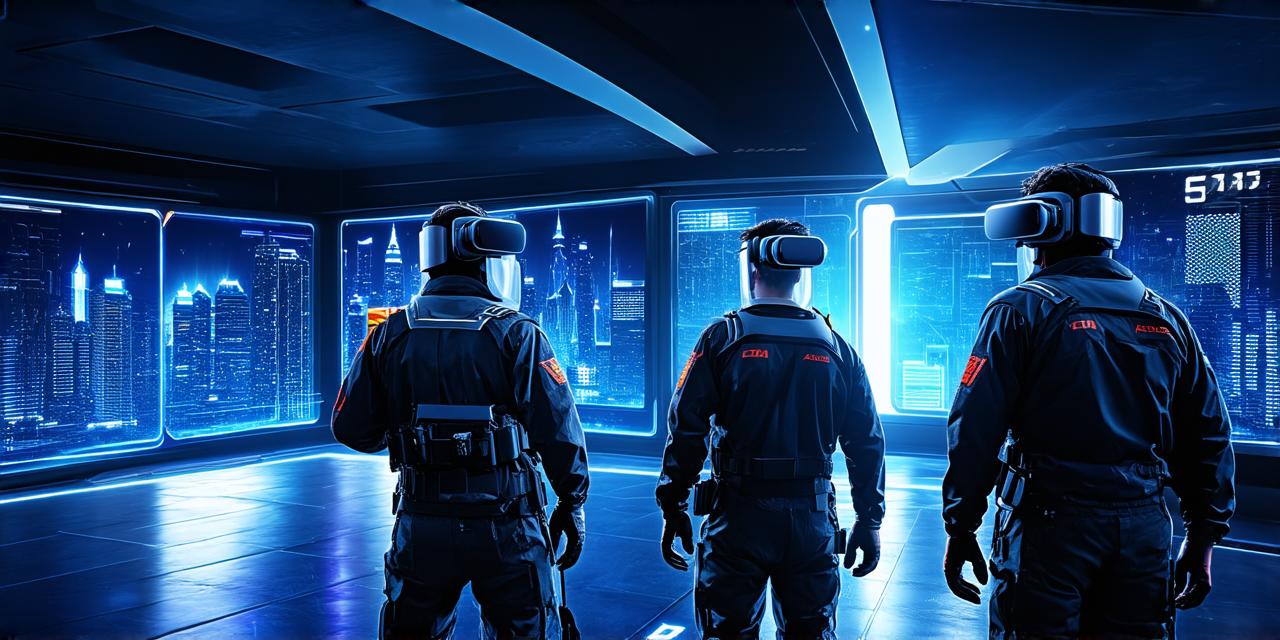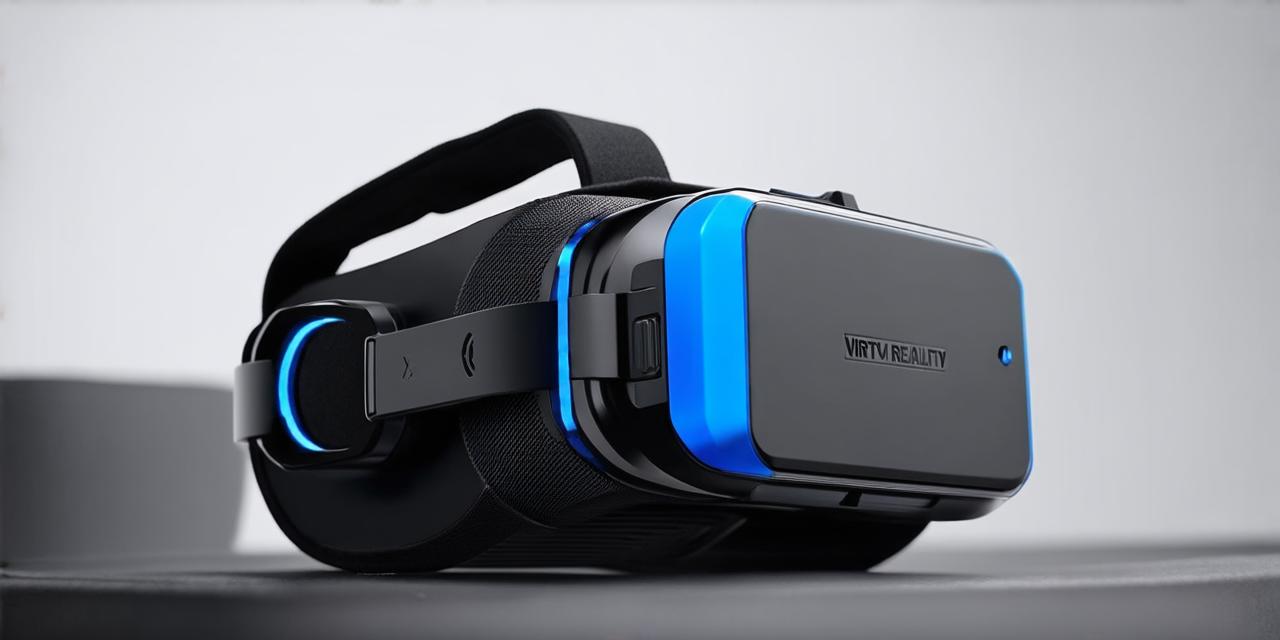Step 1: Learn the basics of programming
The first step in becoming a virtual reality developer is to learn the basics of programming. There are several programming languages that are commonly used in VR development, such as C++, Unity3D, and Unreal Engine. It’s important to choose one language and stick with it, as this will make it easier for you to master the concepts and tools required for VR development.
Step 2: Choose a platform
There are several platforms that virtual reality developers can use to create their experiences, such as Oculus Rift, HTC Vive, and PlayStation VR. As a beginner, it’s best to choose one platform and focus on mastering its tools and development environment. This will allow you to build a strong foundation in VR development before expanding your skills to other platforms.
Step 3: Create a portfolio
As with any career, having a strong portfolio of your work is essential for showing potential employers what you are capable of. As a virtual reality developer, this means creating interactive and engaging experiences that demonstrate your understanding of the technology and its capabilities. You can share your work on platforms such as YouTube or Vimeo, or showcase it at local meetups and events.
Step 4: Network with other developers
Networking is an important part of any career, and virtual reality development is no exception. Join online forums and communities where virtual reality developers connect, attend conferences and meetups in your area, and reach out to experienced developers for advice and collaboration opportunities. Building a strong network will help you stay up-to-date on the latest trends and technologies in VR development, as well as open doors for potential job opportunities.
Step 5: Pursue formal education or training
While a degree in computer science or a related field is not required to become a virtual reality developer, pursuing formal education or training can provide you with valuable knowledge and skills that will help you succeed in the industry. There are many online courses and bootcamps available that focus specifically on VR development, as well as traditional universities and colleges that offer degree programs in computer science and related fields.
Summary:
Virtual reality technology is still in its early stages, but it’s clear that it has a bright future ahead. As a virtual reality developer, you have the opportunity to be at the forefront of this exciting field, creating immersive and interactive experiences for users around the world. With dedication and hard work, anyone can learn the skills required to become a successful virtual reality developer.




